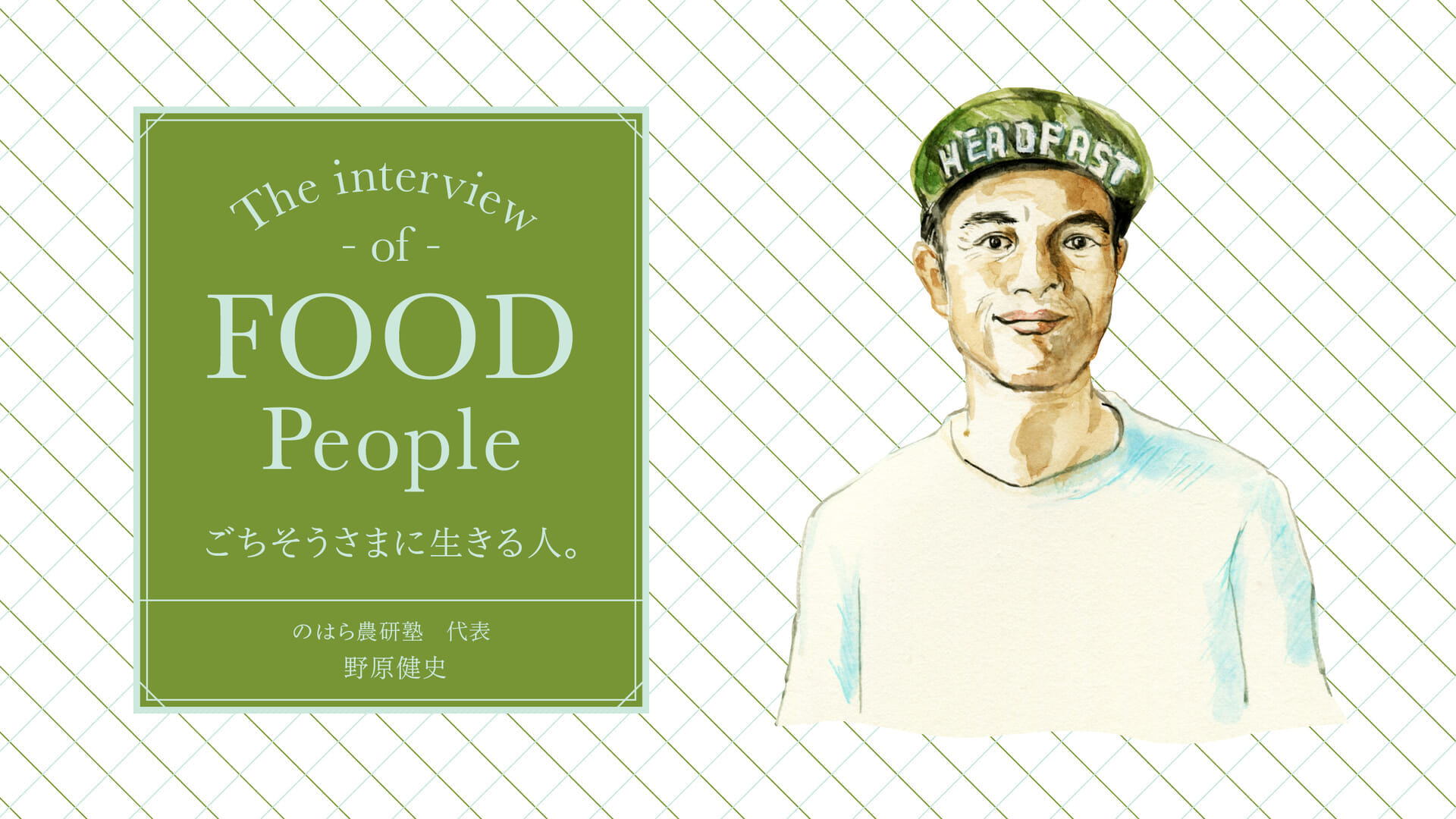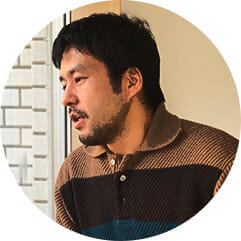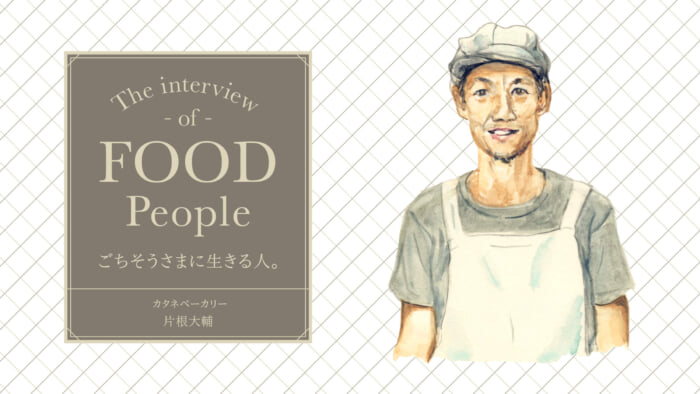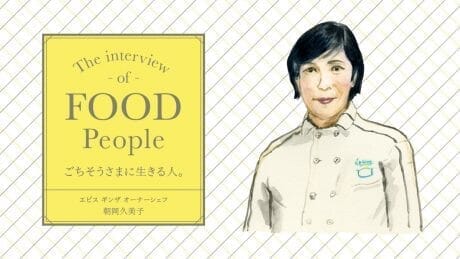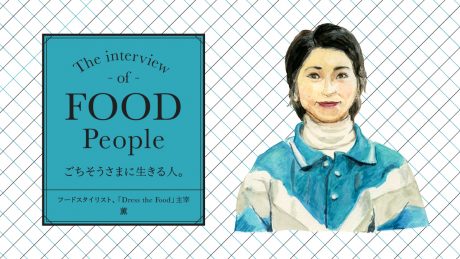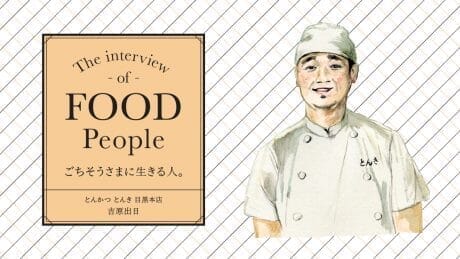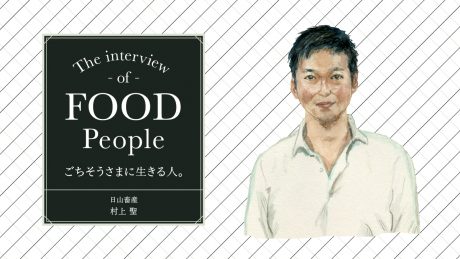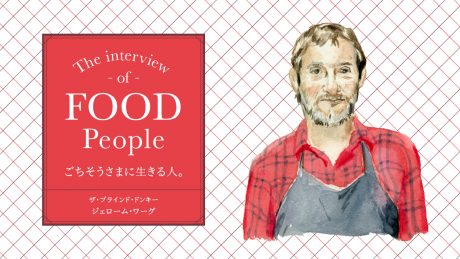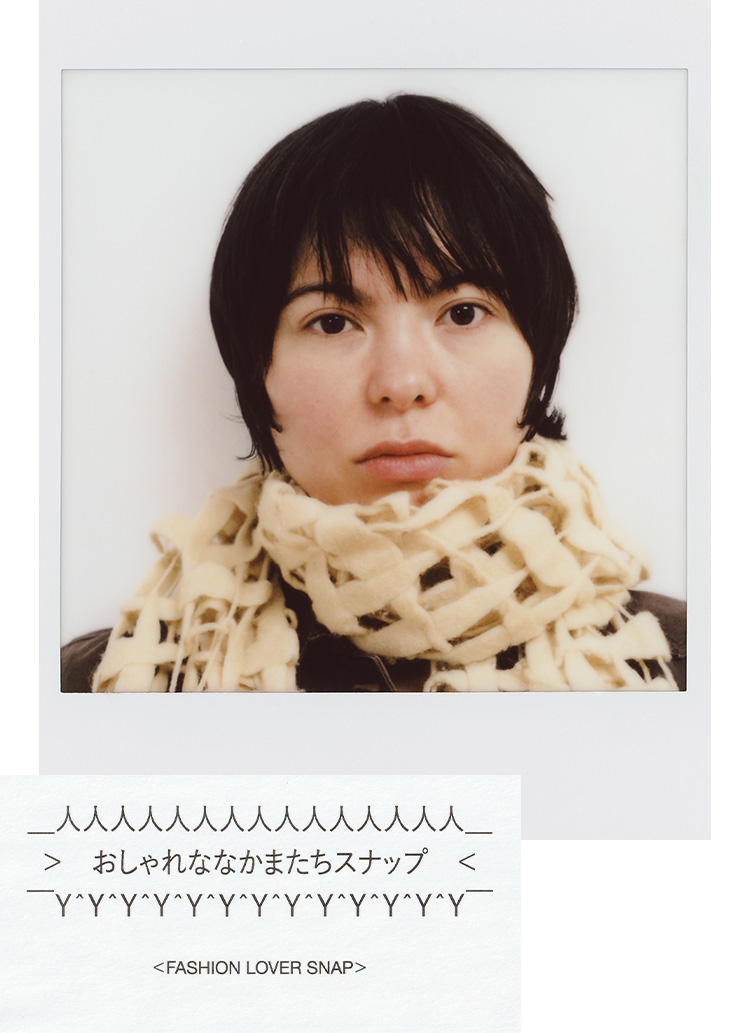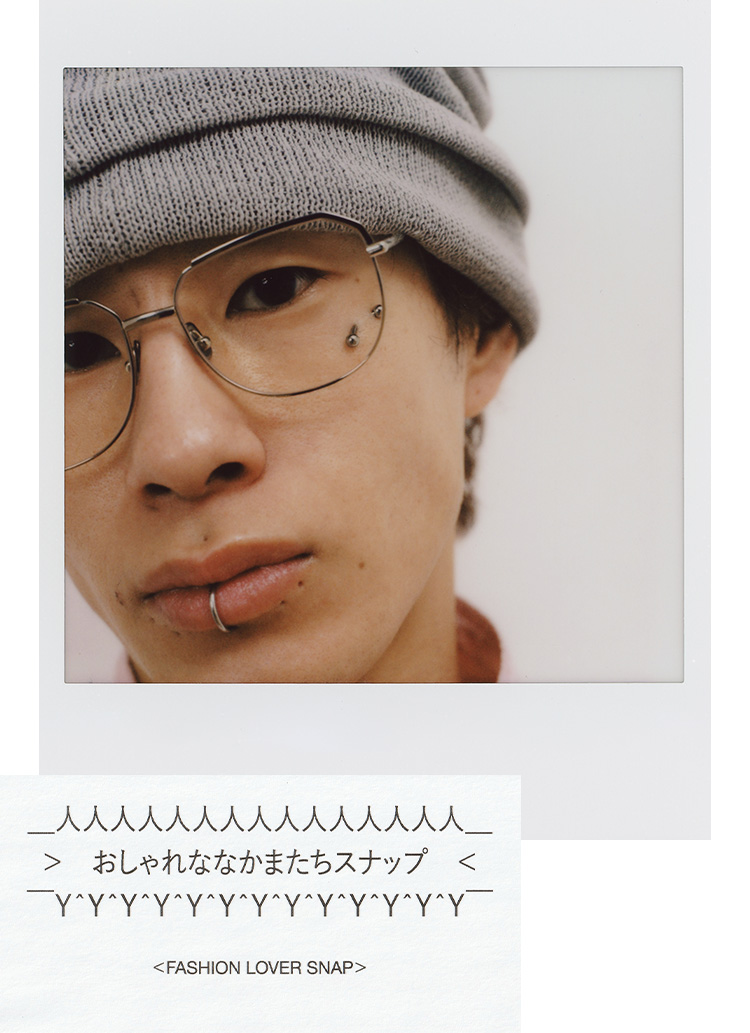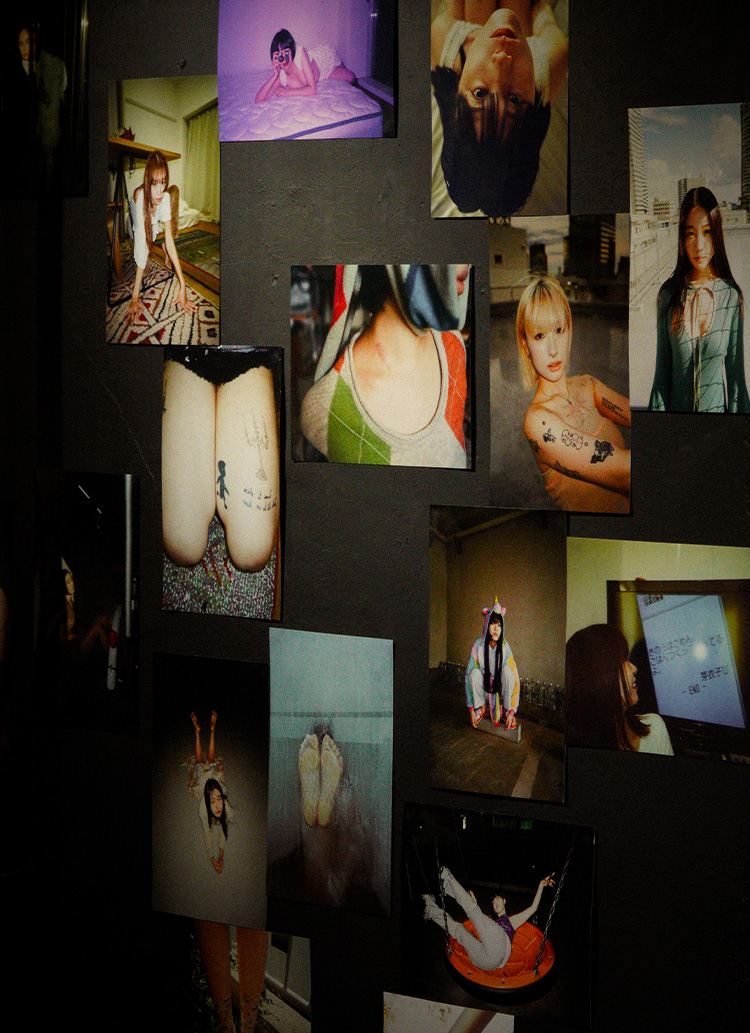PROFILE

Born in 1971. He runs "Nohara Noken Juku," which practices recycling-oriented organic agriculture in Kumamoto. His farming method, which he was able to challenge only because he was born in a family that runs a final waste disposal facility, has attracted attention from inside and outside the industry as a system that circulates what people throw away and turns it around successfully as an industry. As part of singer-songwriter Tomohiro Higashida's "change the world" project, the "Rice field FES. Rice field FES.
We have been able to take on this challenge because we have been dealing with industrial waste.
This year marks the eighth year of the "Nohara Noken Juku," but my family's industrial waste treatment plant company originally had an agricultural division. In order to increase the number of industrial waste treatment plants, it was necessary to purchase farmland as alternative land, but the land had to be larger than the actual size of the land, which inevitably left excess farmland, which was used to utilize the excess farmland.
Until about 10 years ago, I was also continuing my family business of industrial waste disposal, but my daughter developed atopic dermatitis, the wife of a junior colleague developed cancer, and the vice president of the group died of liver cancer, and other shocking things happened close to home.... I wanted to give his wife something good for her body, so I asked the Agricultural Division if there was anything pesticide-free that would boost her immune system. I asked, and for the first time, I learned that there were no pesticide-free products in our company's agricultural products.
I decided to quit the family business and lead the agricultural division by myself, and spun off the company as "Nohara Noken Juku. I decided that if I was going to go to the trouble of doing something, I wanted to do something that others would not do, so I started by changing my policy by deciding not to use pesticides. I learned from my study of agriculture that in the past, agriculture was based on the recycling of farmland, fertilizers, and other things that people had thrown away. If that is the case, then I thought, let's create a system of agriculture that circulates what people throw away, and that works well as a business! I thought. As the son of an industrial waste dealer, I felt that I could take on this challenge because of my experience in dealing with general and industrial wastes that are no longer needed in society.
In a house that runs a final disposal facility for garbage.
Born.
For example, tomato puree is alkaline, so we measure the pH value of tomatoes, dig trenches where the acidic soil is bad, and put the puree in the ground. If we measure the Ph value and put it in the ground, the acidic soil will be neutralized.
We also make effective use of oyster shells to drain water from rice paddies. Because there is a stiff clay layer under the rice paddies that prevents water from draining down, we drain water from the sides through pipes, etc. Usually, we put down split bamboo, which allows the water to permeate and flow down the sides. I noticed that the oyster shells had small holes in them, and I thought, "Oh! That fits the structure of the rice paddies perfectly!" I put in oyster shells instead of bamboo. Oyster shells not only allow water to drain out, but also make it easy for microorganisms to live in the shells and continue to produce calcium forever, making the rice very tasty and killing two birds with one stone.
I would be happy if there were more cyclical farmers like us, and I believe that "true justice will come when there are more of them.
Real justice is done when the numbers increase.
My wife and I often talk about this, but in today's world, vegetables with pesticides are sold without any labeling, while those without pesticides are labeled "organic" or "pesticide-free. But it is really the opposite, isn't it? Normally, the label should say "this is what happens when you eat this pesticide" and indicate the dangers, but many people have become righteous.
Perhaps the organic farming we are doing may be seen by the world as "NO (pesticides)" and as oppositional, but we will still be able to maintain our style and run our business properly, and people will say, "We want to be like them. If we can do that, I think we will be able to increase our numbers and do it justice.
It is true that the pesticide-free rice and vegetables we produce may be expensive. But when people try them, they can really tell the difference. For example, the freshness of the watermelon or the taste of the rice. Thanks to your support, we are almost sold out of online sales only, and we can hardly afford to wholesale our products.
It is true that farming is hard. Not only the physical pain, but also the dilemma of being at odds with the world's way of thinking, battling disasters and nature, and all the other things that don't go your way. But I don't think farmers have been able to teach young people that the hardships are more interesting than the hardships, so I would like to convey that to them from now on. There are mainly five of us on the staff, including myself, but thankfully we have volunteers from all over the country, and inevitably I have the opportunity to give talks like this. The reason why we have "Juku" in our name is because we want to increase the number of people like us who are interested in environmental conservation by teaching and sharing our knowledge.
Local production and local creation. To the farmer in the Butsubutsu exchange system.
In the near future, we would like to establish a system that allows us to "return the labor". Organic farming is time-consuming and labor-intensive, so the price of crops will be higher, but we would like to repay those who agree with our farming activities and volunteer their time and labor to us with organic food and rice, though not a daily wage. By doing so, if we can make organic farming more accessible to people without having to pay a lot of money, it would be a win-win situation for both parties.
It would be great if, in a town, people could buy organic food at a discount for the points they bring in empty cans, and if there were places to press and compress the cans so that they could be recycled in the town and one day be reborn as spoons or something. I envision a future of local production and local creation, where we can be responsible for the final product while it circulates within a single town.


